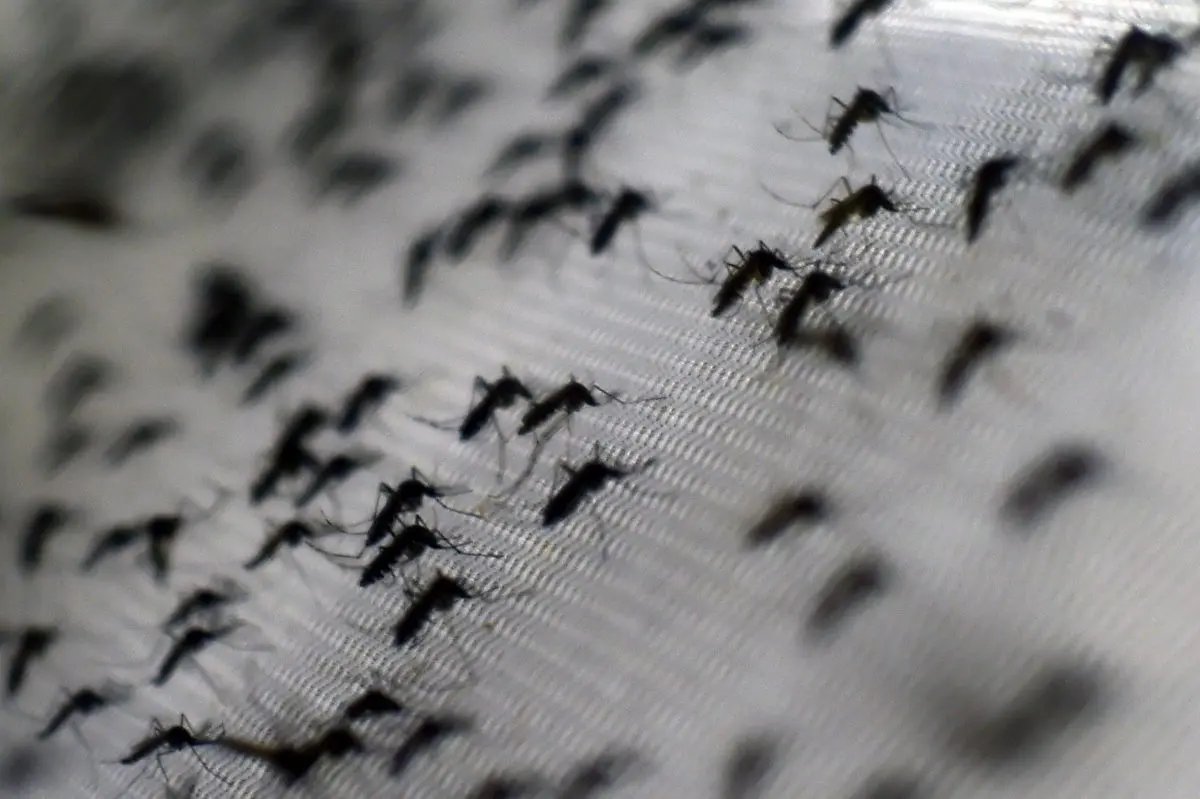On 13/8, Chinese state media reported that the Wolbaki mosquito release facility in Guangzhou's Huangpu district is operating at full capacity. Each week, the facility releases 5 million specially treated male mosquitoes. These mosquitoes mate with wild females, producing eggs that don't hatch.
This technique, known as the Wolbachia method, involves infecting male mosquitoes with the naturally occurring Wolbachia bacteria to modify their reproductive capabilities.
According to Gong Juntao, Wolbaki's deputy general manager and technical director, this "fight fire with fire" strategy targets the Aedes aegypti mosquito, the primary vector for dengue fever and Chikungunya. Because female mosquitoes only mate once in their lifetime, regularly releasing these sterilized males significantly reduces the mosquito population within a few generations.
Wolbaki, founded by the former director of the Center for Tropical Disease Control at Sun Yat-sen University in Guangzhou in partnership with Michigan State University (USA), has developed automated technology to separate male and female mosquito pupae with 99.5% accuracy. However, with millions of mosquitoes released weekly, the 0.5% error rate still means around 25,000 potentially disease-carrying females are released into the environment.
The process begins by selecting female mosquitoes with a stable Wolbachia infection to establish a foundational population, which is then bred on an industrial scale. Hundreds of thousands of Wolbachia-carrying male mosquitoes are periodically released in targeted areas.
Compared to traditional chemical spraying, this biological approach offers greater effectiveness with lower bio-safety risks. It's environmentally friendly and specifically targets Aedes aegypti mosquitoes without affecting other insect species or natural predators.
Gong Juntao asserted that this biotechnological approach to disrupting the reproductive cycle of disease-carrying mosquitoes will create an effective barrier against dengue fever and Chikungunya.
 |
Aedes aegypti mosquito infected with Wolbachia bacteria. Photo: AFP |
Guangzhou is currently battling a significant Chikungunya outbreak. Since June 2025, the province has reported over 7,000 cases, primarily concentrated in Foshan. While the number of new weekly infections has decreased, authorities remain vigilant and are implementing stringent disease control measures, including releasing the specially treated male mosquitoes. Although rarely fatal, Chikungunya can cause prolonged joint pain, significantly impacting public health.
Thuc Linh (Epoch Times)












